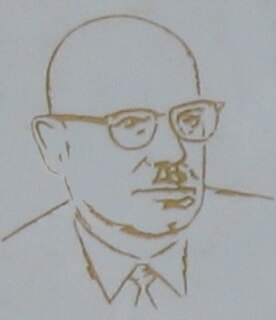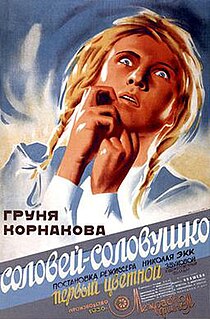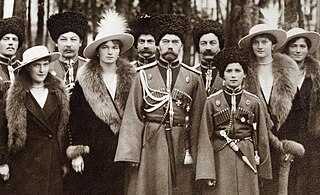This page is based on this
Wikipedia article Text is available under the
CC BY-SA 4.0 license; additional terms may apply.
Images, videos and audio are available under their respective licenses.
Chebotarev's density theorem in algebraic number theory describes statistically the splitting of primes in a given Galois extension K of the field
of rational numbers. Generally speaking, a prime integer will factor into several ideal primes in the ring of algebraic integers of K. There are only finitely many patterns of splitting that may occur. Although the full description of the splitting of every prime p in a general Galois extension is a major unsolved problem, the Chebotarev density theorem says that the frequency of the occurrence of a given pattern, for all primes p less than a large integer N, tends to a certain limit as N goes to infinity. It was proved by Nikolai Chebotaryov in his thesis in 1922, published in.

Mark Grigorievich Krein was a Soviet Jewish mathematician, one of the major figures of the Soviet school of functional analysis. He is known for works in operator theory, the problem of moments, classical analysis and representation theory.
Cherkasov or Cherkasova (feminine) is a Russian surname. It may refer to
Panin, or Panina is a Russian surname.
Kravchenko, also Krawchenko, Krawczenko or Kravtchenko is a common Ukrainian surname, widely found in the former Soviet Union and respective diasporas abroad. It is an occupational surname of patronymic derivation, based on the occupation of kravets (кравець), or 'tailor' and literally meaning "child of tailor". Other Ukrainian surnames of similar derivation are Kravchuk and Kravets.
Boris Vladimirovich Ioganson was a Russian and Soviet painter.
Valentina Ivanovna Chebotaryova recorded her impressions of work in a military hospital in Tsarskoye Selo, Russia during World War I in her journal. Portions of the journal, which included her impressions of Tsarina Alexandra and of her daughters Grand Duchess Olga Nikolaevna of Russia and Grand Duchess Tatiana Nikolaevna of Russia were published in magazines, books, and in her son's memoirs after the war.
The 1992–93 Russian Cup was the first ever season of the Russian football knockout tournament since the dissolution of Soviet Union.

The Return of Maxim is a 1937 Soviet drama film directed by Grigori Kozintsev and Leonid Trauberg, the second part of trilogy about the life of a young factory worker, Maxim.

Nikolai Vladimirovich Ekk was a Soviet film director and screenwriter. "Ekk" was in fact a pseudonym; his real surname was Ivakin.
The Russian Cup 1995–96 was the fourth season of the Russian football knockout tournament since the dissolution of Soviet Union.
Vladimir Aleksandrovich Chebotaryov was a Soviet and Russian film director and screenwriter. Honored Artist of the Russian Federation (1994).
Valentina Vasilievna Monakhova is a Soviet Russian painter, watercolorist, graphic artist, and art teacher, living and working in Saint Petersburg regarded as one of representatives of the Leningrad school of painting.
Plaksin (male) and Plaksina (female) are Russian surnames. They derived from the non-calendar given name Plaksa which belonged to the apotropaic group of names that were supposed to turn away harm or misfortune from a child. First mentions of Plaksa and Plaksin surnames date back to the first half of the 16th century and include both peasants and boyars of Veliky Novgorod, Nizhny Novgorod and Arzamas. A well-known noble house was founded in 1782 by Trofim Lukyanovich Plaksin of the Cossack Hetmanate who was granted Russian nobility for his service.
The year 1978 was marked by many events that left an imprint on the history of Soviet and Russian Fine Arts.

The Nightingale is a 1936 Soviet drama film directed by Nikolai Ekk and starring Valentina Ivashova, Z. Kashkarova and Nikolai Ekk.
Valentina Semyonovna Ivashova was a Soviet film actress. She was sometimes credited as Vera Ivashova.
Zimin is a Russian masculine surname, its feminine counterpart is Zimina. It may refer to
Talyzin is a masculine surname, its feminine counterpart is Talyzina. It may refer to







